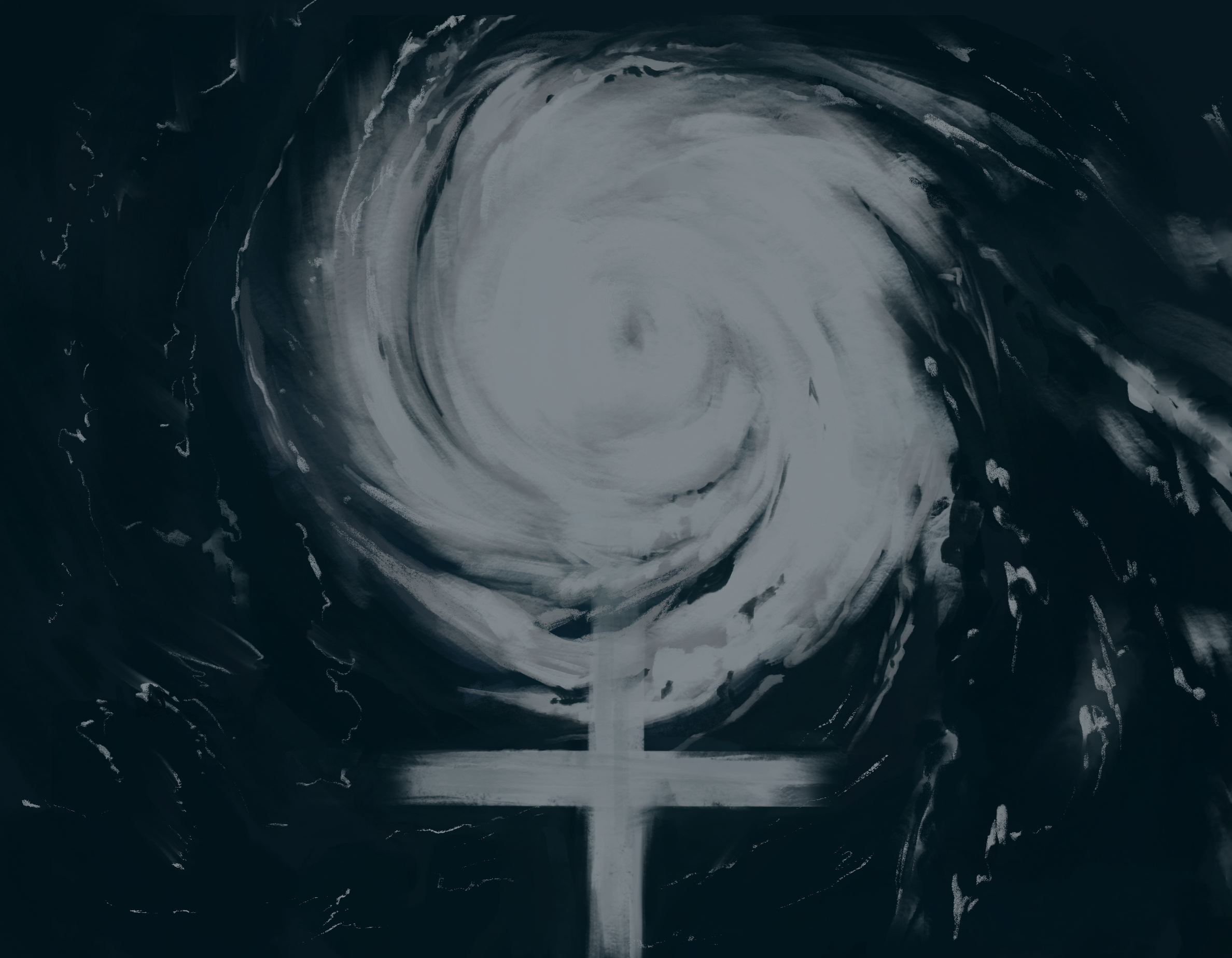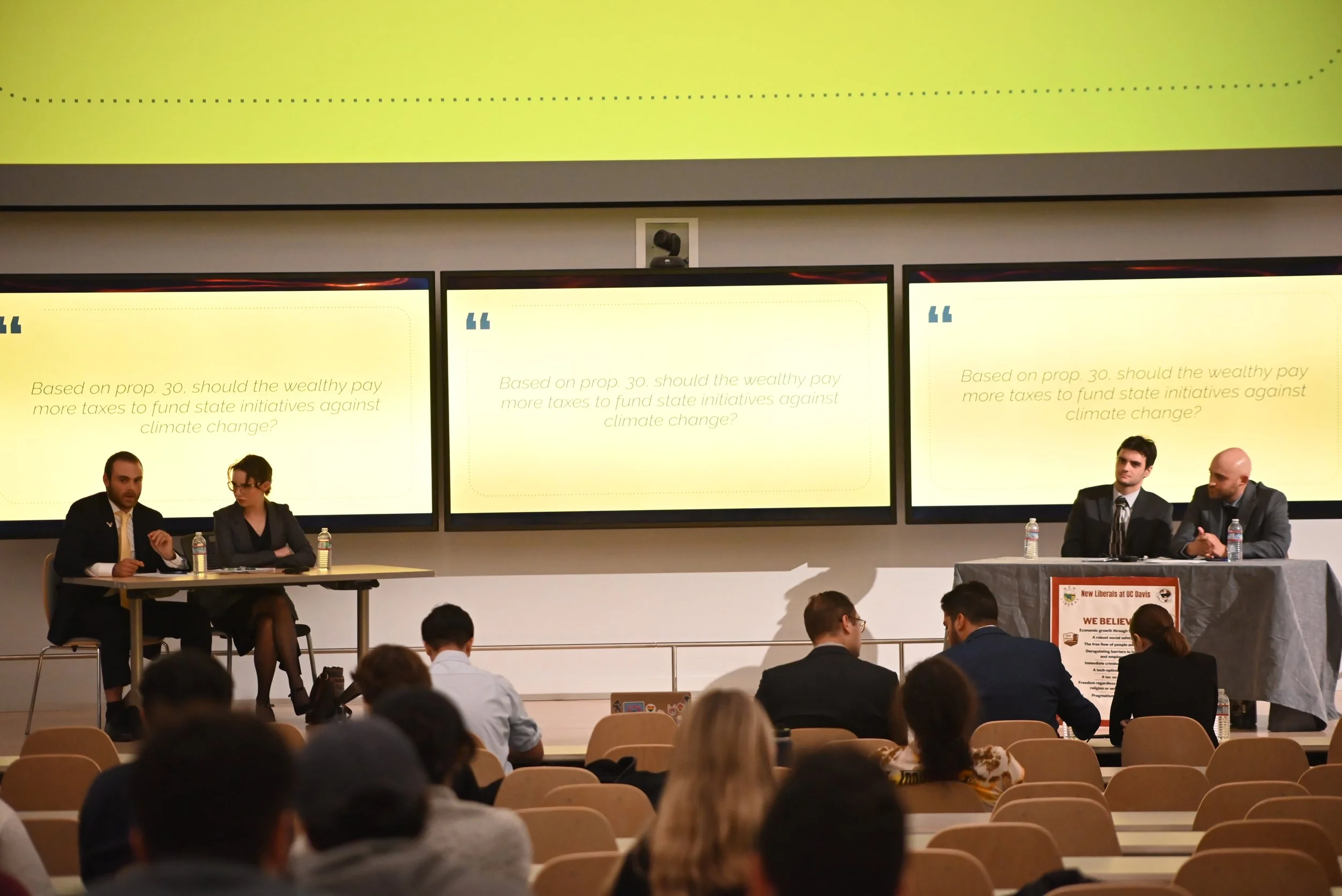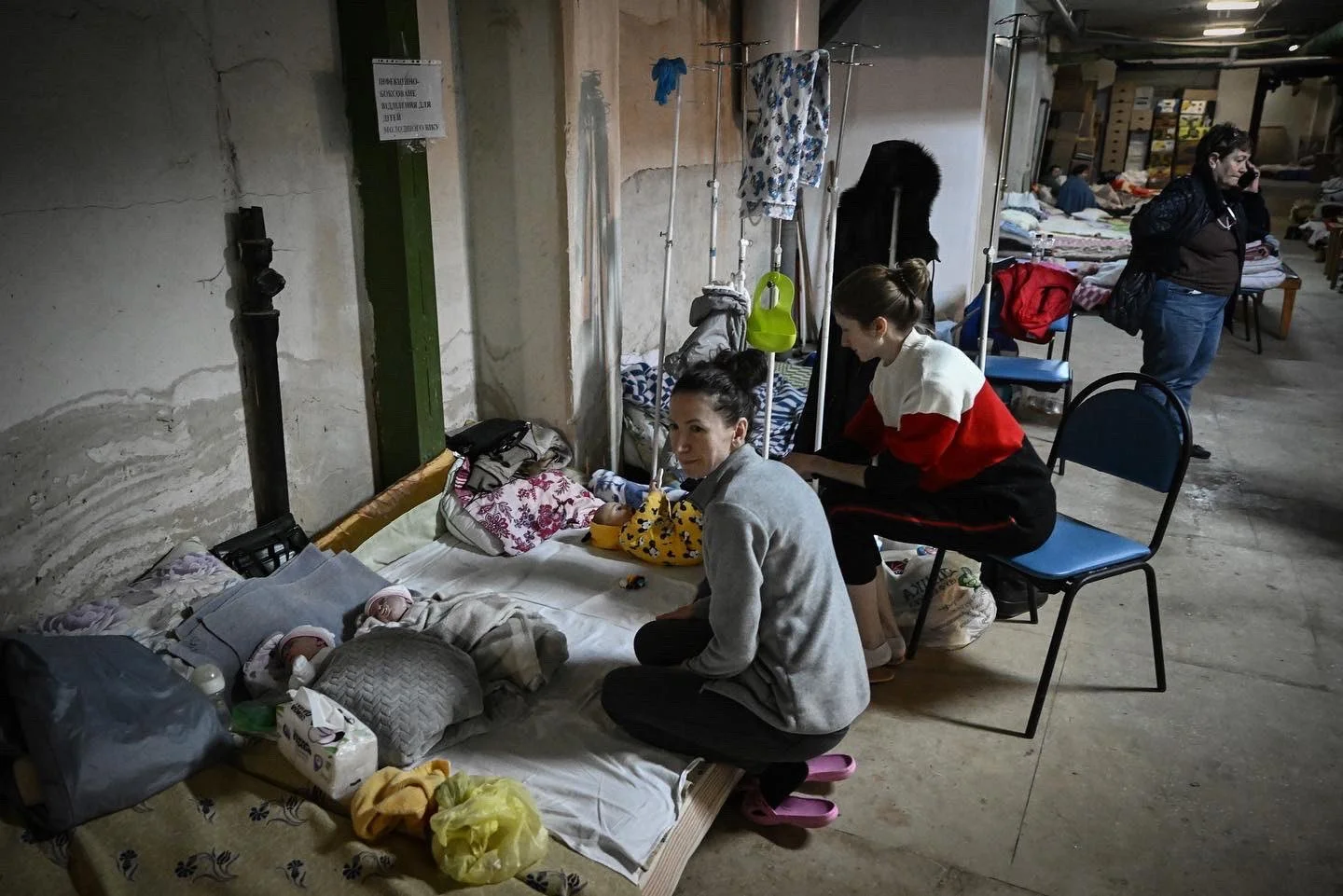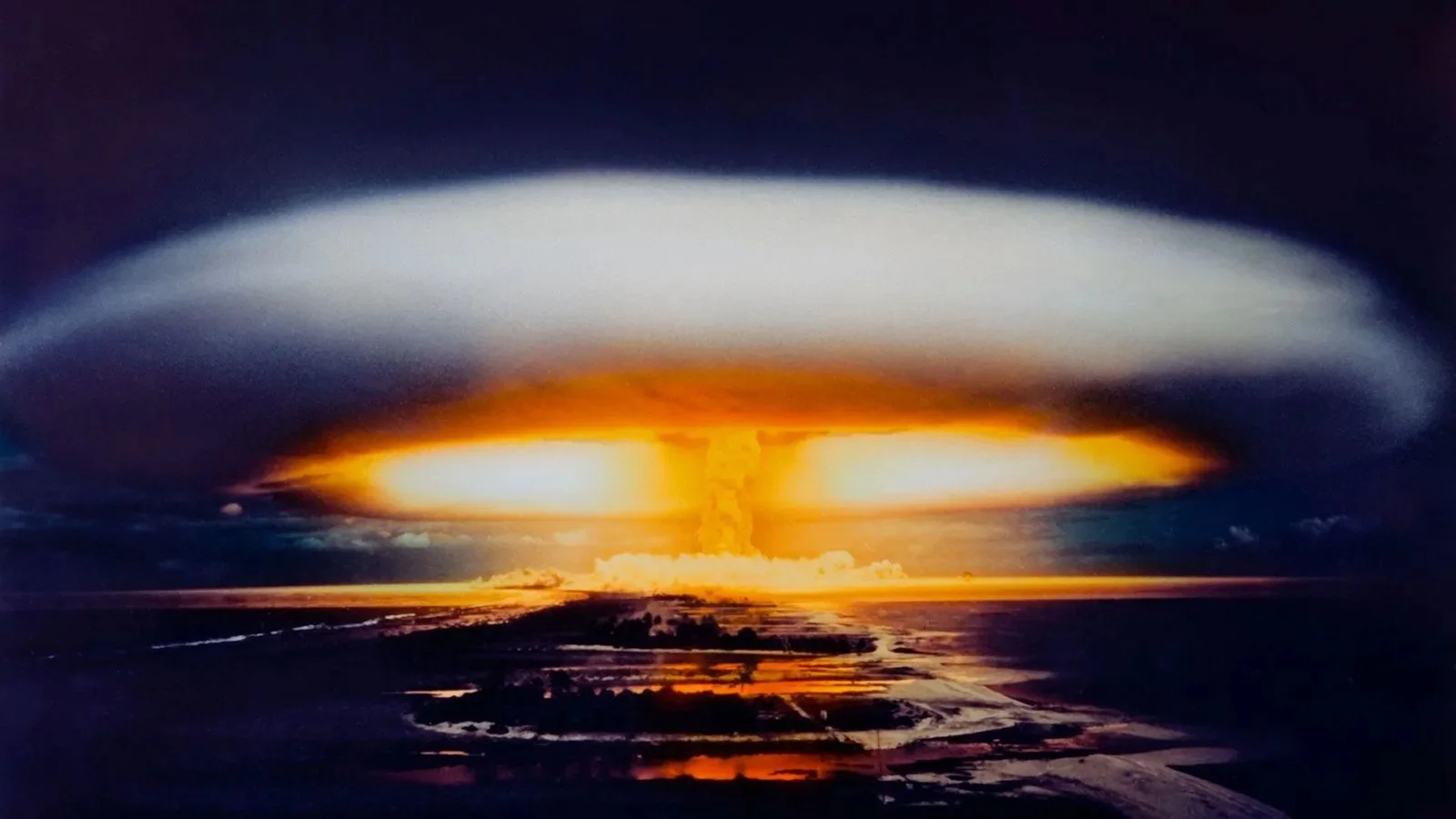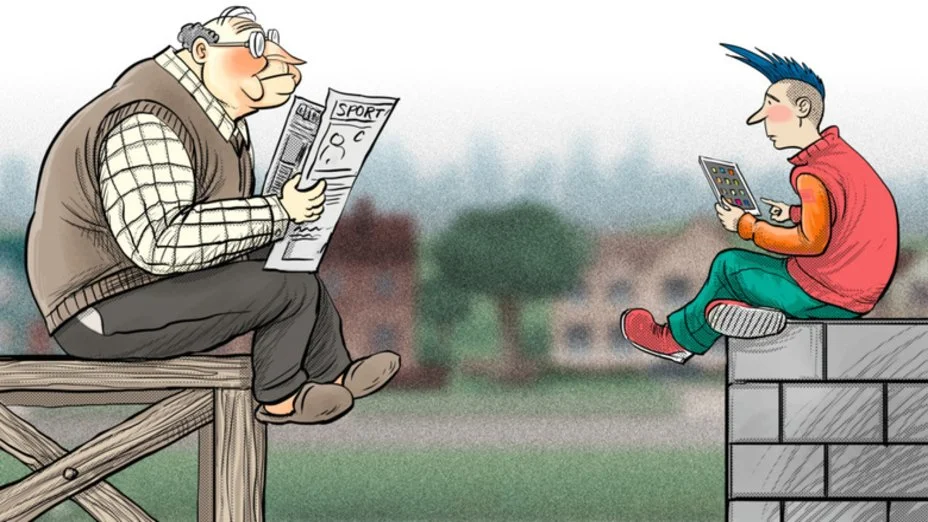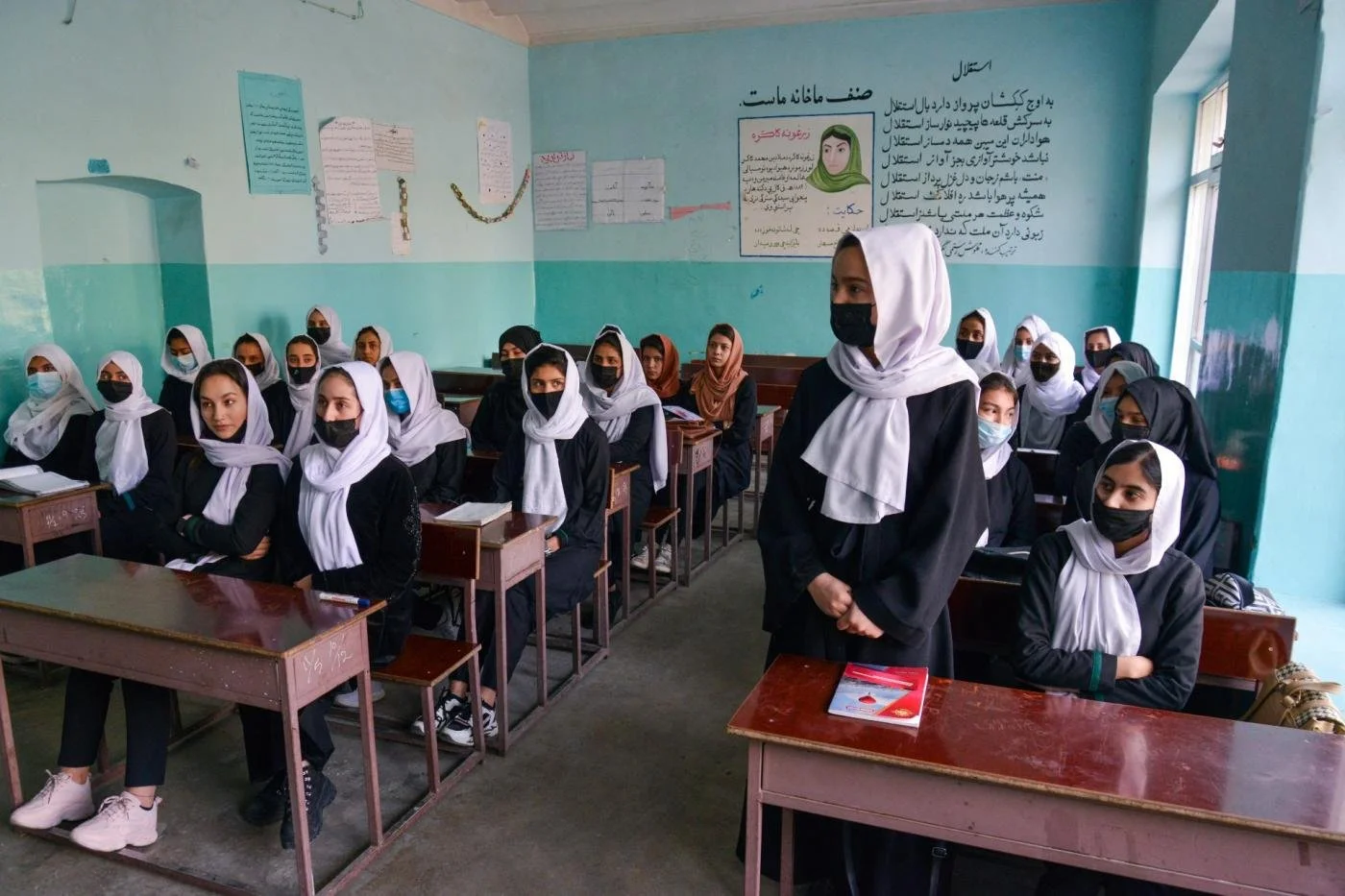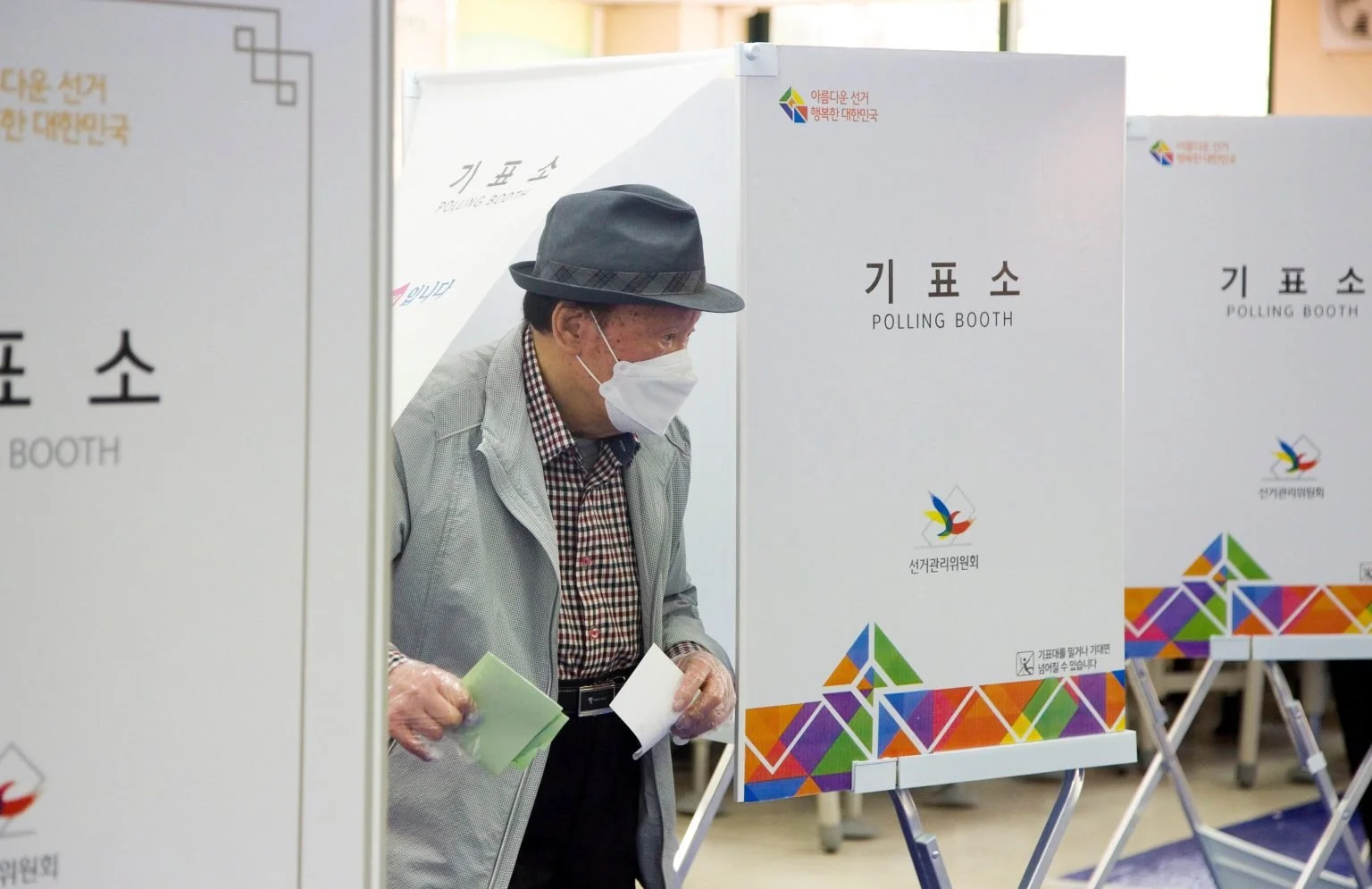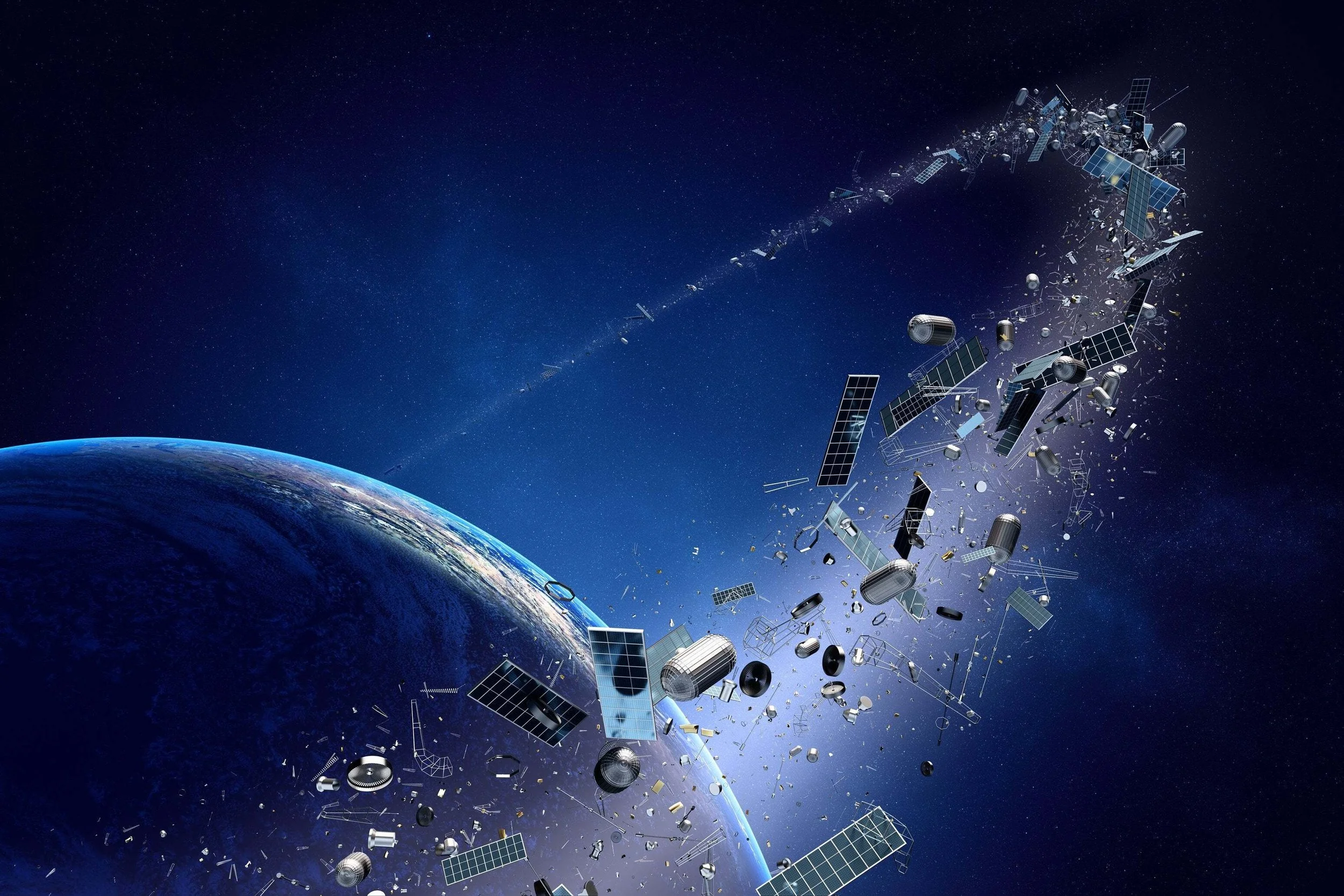Within the last week of Fall Quarter, professors have been rolling out updates about the final exams and end-of-quarter assignments in consideration of the UC-wide academic worker strike that has persisted since Nov. 14. In acknowledgment of unfair labor practices and low wages in relation to high cost of living, members of the academic union swept the California campuses, administrators’ homes, and Sacramento streets in the past month. A mass strike halts grading, discussion sections, and all regular functions that allow undergraduate students to receive grades and move on to the next quarter without financial or academic conflict.
Read MoreIt has been said that the sun never sets on the British Empire. Well, it’s beginning to look like dusk. The death of Queen Elizabeth II has sent many questions rippling through the UK and the world. What purpose does the monarchy serve? Why is the United Kingdom so important internationally? What does the future of the Commonwealth and Britain look like? The last question is the most prescient one to the UK and the world. To answer this, we’ll have to figure out what the Commonwealth is, what it does, who’s in it, and what its future looks like. Then, we’ll discuss the past, present and future of the UK, its economy, its politics, and how that will affect the Commonwealth at large.
Read More1917 marks the British announcement of Palestine as a home for the Jews through the Balfour Declaration. Five years later, in 1922, Britain was granted a mandate over much of the Middle East, and partitioned the region between themselves and the French. Britain and France now had chopped up Palestine, a region of the old Ottoman Empire after the first World War when Arabs struggled to find the strength and organization to push back against the British invasion.
Read More“Angry woman.”“A neurotic lady, if she could be called a lady.” “The worst-tempered brat.” “[She] shrieked like a woman in labor.” These gendered remarks are real descriptions of what people think of hurricanes. The language used to describe hurricanes and the gendered names associated with storms have caused a recent spark in activism to address the inherent sexual hierarchy prevalent in modern American society. Most recently, with Hurricane Ian, Floridians and residents of other southeast states were urged to prepare as national and local news sources hyperbolized their coverage of the storm.
Read MoreOn Oct. 30th 2022, Brazilians went to the polls for one of the most consequential elections in the country’s modern history. The two choices fittingly represent the troubles of the past decade, including a crippling recession, the impeachments of two sitting presidents, the jailing of another, the continuing destruction of the Amazon rainforest, and executive negligence during a deadly pandemic.
Ever heard of the Kennedys? The New England family, with a sweeping hand over state and national politics, the Brahmin social scene, and Boston banking industry, certainly made a name for themselves as one of the most prominent political families in United States history. From their presence at both Princeton University and Harvard College, within Franklin Delano Roosevelt’s Securities and Exchange Commission, to Jack being the 35th President of the United States, younger generations of Kennedys are practically guaranteed power and influence at birth.
Read MoreLast Saturday, the Davis Political Review hosted a public debate between the Davis College Republicans and the New Liberals club. The event was the first of its kind in Davis where student panelists questioned other students with differing perspectives on topics ranging from freedom of speech, campus violence, foreign policy, and inflation while providing them with a platform to civilly discuss their different opinions. We would like to thank the New Liberals club and the Davis College Republicans for their participation in this debate. As a nonpartisan organization, we in the DPR understand the value of our free speech, and most importantly the duty we hold to protect it.
Read MoreThe Russian invasion of Ukraine has placed the Russian Federation on center stage, with all eyes looking at the bear’s next steps. The Ukrainians are being bolstered by the European Union and the United States, under the guise of protecting national sovereignty and promoting democracy. The blatant disregard for the damages the West has caused around the world and the sudden interest in the well-being of a white nation is a testament to what the West actually cares about: their domination of global affairs. There was no international outcry for the atrocious war crimes committed in Iraq.
Read MoreThe romanticization of cities and nations in song, poetry, and literature has always fascinated me as I try to remain pragmatic and hopeful about the increasingly chaotic world we live in. I had always imagined that our grasp of beauty and exceptionalism was tied to our memories, experiences, and personal connection to a certain place. But if that is so, why do Americans in the Midwest yearn for visiting the romance of Paris? Why do young men in Lahore dream of experiencing the hustle and bustle of New York City?
Read MoreIn the Guapinol community in Honduras, the river that once supplied the local population with clean drinking water now supplies tap water that runs thick and muddy brown. Overzealous private security guards once gathered on the river banks to force away the protestors, but they were soon replaced with security forces from the Honduran government itself. And for two years, eight human rights defenders were trapped in arbitrary detention, with the future of the land they fought to protect still uncertain.
Read MoreContent Warning: Sexual Violence
On February 24th, Russia officially invaded Ukraine and the stories of violence, destruction, and chaos have spread internationally. Despite this, some of the most disturbing and heartbreaking stories, those of Ukrainian women and girls, have gone unreported.
Read MoreThe Cold War, the great power struggle between Russia and the US (and more broadly Western influence), is known to have ended in the late 20th century. However, with the recent actions and demands of Russia, this doesn’t seem to be the case. As the Russian-Ukrainian conflict has come into play, it seems as if the Cold War ideology has not been erased but rather has been festering, and now has been thrust into the spotlight once again.
Read MoreRussia’s invasion of Ukraine has given Germany’s political landscape a tremendous shake. New Chancellor Olaf Scholz’s honeymoon period in office ended before it even began. Scholz has come under tremendous pressure from both domestic political adversaries and foreign officials, notably including Ukraine’s ambassador to Berlin, for failing to increase German support of the Ukrainian military quickly enough.
Read MoreWhen nuclear weapons come to mind, there is often hysteria associated with them, the end of the world, destruction of the Earth, end of life as we know it. The public has a vague idea of what nuclear weapons are and what their purpose is in grand strategy, and it’s time to change that. The media consistently overplays the threat of nuclear annihilation, but since the inception of these weapons of mass destruction, they were only ever used twice.
Read MoreFor decades, different generations have had divisions ranging from political affiliation to popular culture, and even visions for the future. To start, it is important to know who exactly Gen Z is. People born from 1997 onward to around 2012 are all considered to be Gen Zers. Due to the differences in socio-economic circumstances that come with being born at such a time period, it is only logical that different generations see the world differently…
Read MoreIn 2021, the Taliban took control of Afghanistan as US troops withdrew from the country. Of course, many concerns arose among the international community. One of the main concerns was protecting women’s rights, particularly access to education. However, the Taliban reassured the world that they had no plans to stop women from getting an education. The Taliban closed schools for nearly seven months after coming to power.
Read MoreWhen someone thinks of South Korea, they imagine a modern, democratic nation that starkly contrasts with its autocratic and corrupt northern neighbor. And while this perception is somewhat correct, it overlooks the vast levels of corruption that occurs in South Korea. In fact, South Korea only became a true democracy in 1988, rapidly transitioning into what is now perceived as a strong democracy.
Read MoreContent Warning: Sexual Assault
In 1992, in Rome, an 18-year-old girl was taking a driving lesson when her 45-year-old male driving instructor sexually assaulted her. She reported the assault to the police, and the rapist was arrested, prosecuted, convicted of rape, and sentenced to 34 months in jail. Seven years later, the rapist appealed his sentence, claiming that the two had consensual sex.
Read MoreAnything can be accomplished with and by artificial intelligence nowadays. Economists can determine the future state of the economy using A.I. and computers can outsmart chess grandmasters in a matter of seconds. And now, anyone can make a video of someone doing or saying anything.
Read MoreEach year thousands upon thousands of satellites are launched into the lower orbit with little regard over the risks these machines pose. As of 2022, there are an estimated 40,000 tracked pieces of satellite and spacecraft debris floating around our planet of the numerous more known to exist. According to the U.S. Space Command, most of the debris in our lower atmospheric orbit stems from collisions between the surplus of satellites in space, the majority of which isn’t being tracked by the U.S.
Read More



